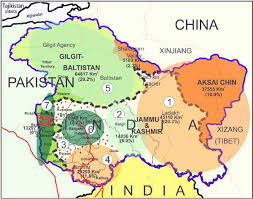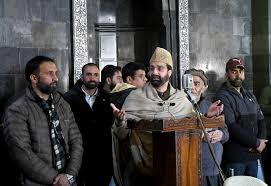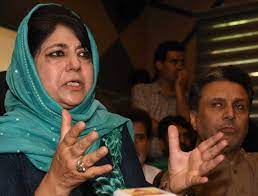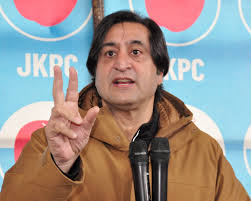Wary of rising unease in its support base in Jammu and other parts of the country, BJP sought to refurbish its ‘Hindutva’ credentials by snapping ties with ally PDP to counter the perception that it had compromised its ideological commitment to unifying Jammu & Kashmir with the mainland.
The alliance with PDP, seen to pursue a ‘soft separatism’ political line, was always at odds with the BJP’s ‘nationalist’ stance and its advocacy of scrapping Article 370 and amending laws like Article 35A that accord special privileges to state residents.
More immediately, BJP pointed to support to separatist sentiments as PDP sought to push a soft approach to stone-pelters and began to act against security forces by looking to file FIRs against officers, as was alleged in the Shopian firing case. The move to file FIRs, which left the scope to name officers, and brinkmanship over the Kathua gang-rape case, where it was suggested PDP could quit the alliance if BJP ministers present at a rally in support of the accused were not acted upon deepened the divisions.
Differences over how to approach security ops took a toll on the alliance as the Centre’s ‘strike hard’ policy was seen by PDP as adversely impacting its south Kashmir base. Even in the Shujaat Bukhari case, it was felt police was being held back from conducting searches and NIA cases against separatists did not go down well with PDP either.
There is an expectation that governor’s rule will allow the Centre to take tough measures against terrorism with the state police completely in sync. A senior party leader argued the perception was gaining ground that BJP was being held to ransom by its ally. Some also felt the death of Mufti Mohammad Sayeed robbed the state of a leader who could have reduced the Kashmir-Jammu divide.
Mehbooba Mufti’s attempt to balance her political constituency with the challenge of terrorism and radicalism and the costs this was imposing on BJP found mention even in the recent dinner hosted by PM Narendra Modi for senior RSS functionaries and party general secretaries in charge of organisation.
After the Centre’s decision not to extend the Ramzan truce, political circles were abuzz about Mehbooba quitting the alliance but BJP acted fast, looking to get back to the policy of ‘zero tolerance’ against terrorism. The alliance, BJP leaders said, was a bid to carry out a risky experiment, which did not work out.
“It wasn’t possible to continue in view of the general polls approaching. Breaking the alliance will send a positive message about the party that it didn’t compromise with national security,” said a senior party leader.






